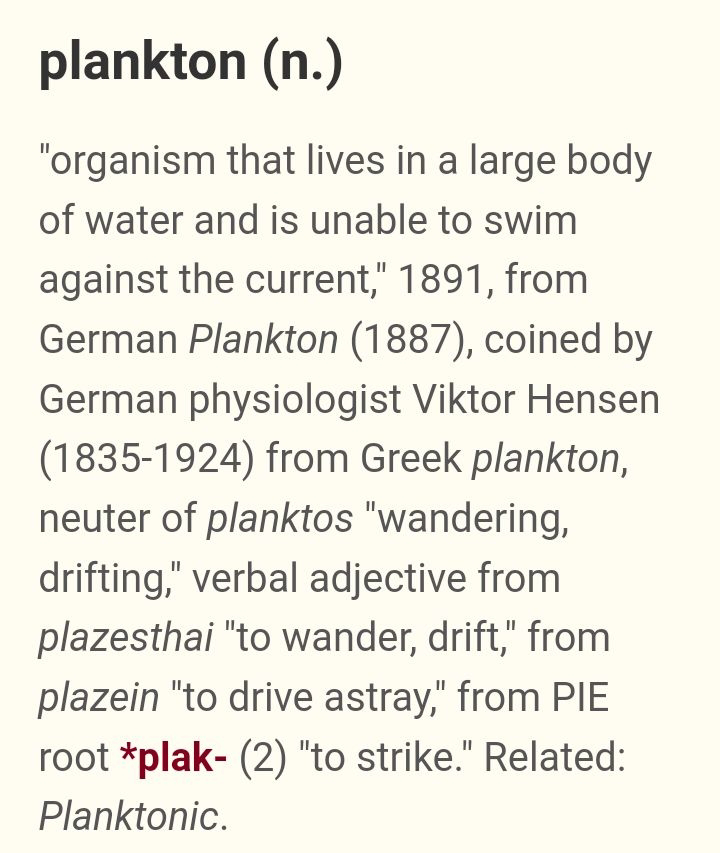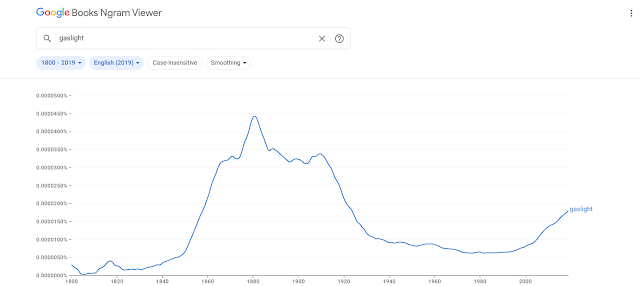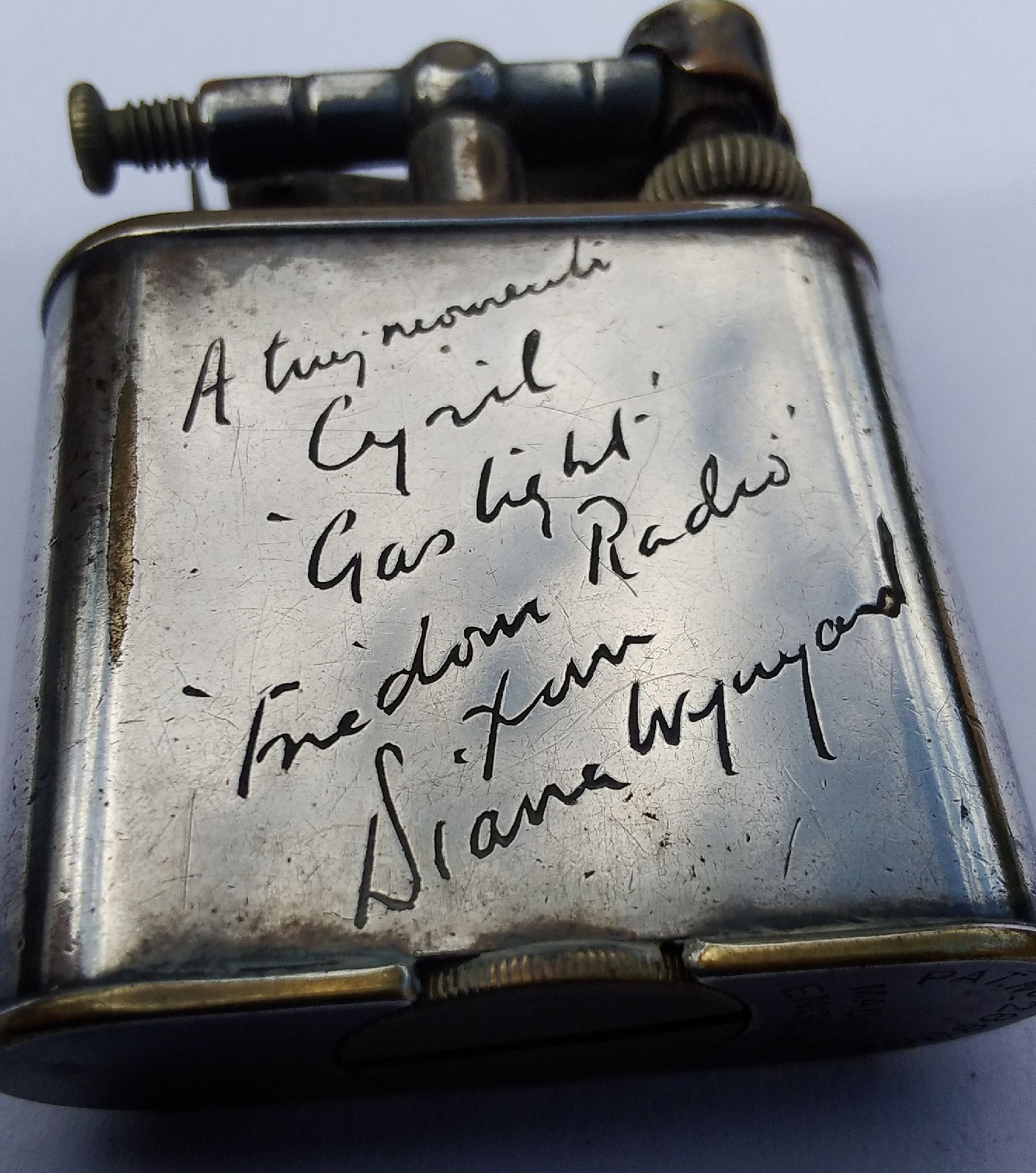Five years ago I was writing (here) about separable verbs, and bravely undertook not to pursue an error in a pop song. I should have known better; this sort of nit won't be ignored
<pre-script>
... I'll record here a totally unrelated observation, from the first part of a recently televised spy thriller. It was set in Berlin...and most of the key characters had the decency to speak English. But there were bits of German dialogue that had English subtitles – one of which reminded me of an exercise we did in my CELTA course, to raise awareness of the problems caused for ELT students by English's predilection for phrasal verbs.<autobiographical_note date="2006" subject="Phrasal verb exercise">And to add to the difficulty, some phrasal verbs are separable (the verb and the particle can straddle the object), or not, or either...
The students sat in a circle, and each in turn constructed a sentence using the phrasal verb pick up with a meaning that differed from all the previous examples.
I expected that with a class-size of 14 it would become increasingly difficult after the first half dozen, and impossible before the end. But the lecturer had done his homework and knew that the Collins Cobuild Dcitionary (a favourite at the time) lists 15 separate meanings (some of which can easily be sub-divided: for example it gives one meaning for what "a microphone or radio" does, and it seems to me that processing an audio signal that is clearly part of the soundscape [as in "We're picking up the traffic noise in the background"] is quite distinct from being able to detect at all a radio signal that just doesn't get there [as in "We can't pick up channel X when we're <somewhere>"). So in other dictionaries I imagine the total is more than 15.
</autobiographical_note>
<2023-aside>This Saturday's The Times gives an example of this. There's an M&S advert that says
It's timeto switch onChristmasIf the designer had had to setIt's timeto switchChristmas onthe line lengths wouldn't have been so amenable. Fortunately for them, there was a choice; so – whatever the text means (if 'means' is the mot juste) – the flexibility of this phrasal verb made the text designer's life easier.</2023-aside>
...And in one of the local-colour subtitles the translator had got it wrong. At a service desk of some sort a German-speaker said "I want to pick up something" (sorry – no time to check the original German). What the subtitle should have said was "I want to pick something up"*,†.</pre-script>
<pre-script>
<footnote index="*">
Last night I witnessed another instance of that separability problem. In a subtitle to the Danish thriller Follow the money, towards the end of the first episode, one character said "We need you to take on this one." What he meant, of course, was "We need you to take this one on." ... But I had known the translator was less than perfect ever since, earlier on, he had used the expression "big fry" instead of "big fish". Fry are small; that's the point.
This is not unlike a piece of family language we still use, ever since my son – then knee-high to something quite small [HD: Do grasshoppers even have knees? Granted there's a bendy bit between the upper and lower leg, but is that enough for knee-ness? This is getting silly...] – asked "Are we having a dark lunch today?". A dark lunch (obv.) is the opposite of a light lunch.
</footnote><footnote index="†">
I've just noticed another instance of the separability problem, in an error message:I've been getting this annoying little error for some time now – so often that I've only just noticed it; and noticed how apt it was, in view of my feelings about the device in question.</footnote>
<pre-script>
<tangent>...the Aha song Take on me.
(! – thank heavens I don't have to learn this stuff as a second language)
</tangent>
<parenthesis>
Attribution is unclear, though I admit I haven't given it my usual laser-like focus. My attitude is not unlike Rick's to the Peter Laurie character in Casablanca: 'You despise me don't you Rick?'/'I guess I would if I gave it much thought.'
<parenthesis>
...the singers in Aha (a Norwegian band), and – to their credit (?) – they hedge their bets, as the words are 'Take on me/take me on' (as though they're not sure whether the phrasal verb is separable or not (or either); like many an uncertain second-language user, they do something that, while parading their uncertainty, they know will at least be partially right).
And so the language moves on. Aha knew there was something tricky, but native speaker covers (by, for example, Take That) cement the optionality of this phrasal verb (either separable or not, as the speaker wishes). Purists will huff and puff, but the tide of spoken usage will eventually wash over them.
Basta.
b














